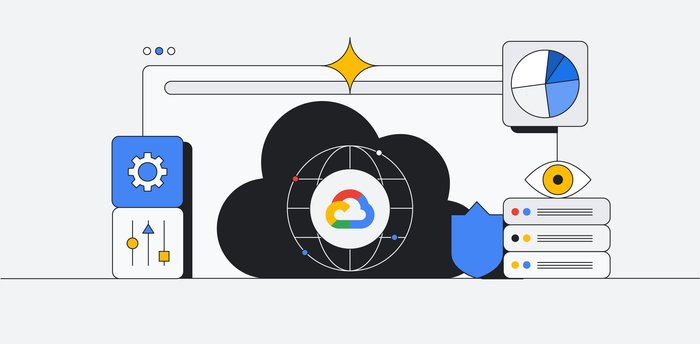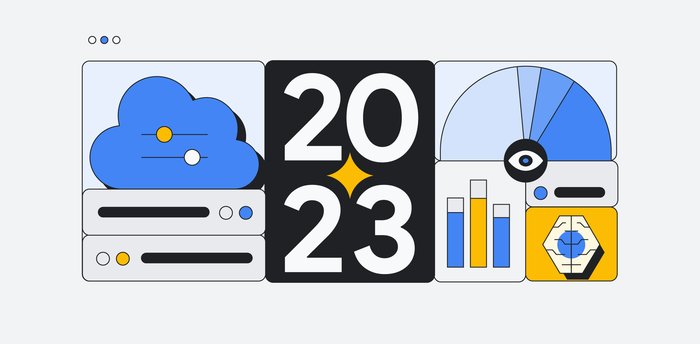Last month today: September on GCP

Google Cloud Content & Editorial
We always have a lot to say about Google Cloud Platform (GCP), and September was no different. With Googlers and users taking the stage at Next Tokyo '18 (and preparing for Next London in October), here are some highlights from the GCP blog last month.
What caught your attention
New research (sponsored by Google Cloud and published by DORA, the DevOps Research and Assessment group) came out in September. The report, based on surveys from nearly 1,900 DevOps professionals, aimed to identify key drivers of success for DevOps teams and highlight what high-performing teams are doing right.
The technology underlying Google Search infrastructure now powers code search with new Cloud Source Repositories in beta. Google engineers already use code search at work, and now you can use it too, plus take advantage of a new interface and semantic capabilities. Cloud Source Repositories makes code search super fast, and you can add or mirror any owned repositories to it, then search all of them.
Advancing AI and ML through gaming
We announced Open Match, our project co-founded with Unity, last month to make it easier for game creators to reuse matchmaking logic to connect players. Open Match is open source, and game developers use it as a front-end API for game clients, a back-end API for game servers, and an orchestrator to run the custom logic.
We also introduced Cloud TPUs in beta on Google Kubernetes Engine (GKE). Cloud TPUs are our ASICs, designed ground up to train and run ML models faster. One fun internal use case for Cloud TPUs on GKE is Minigo, an open-source version of the only algorithm to beat a human player at the game of Go. Using GKE and Cloud TPU infrastructure, it self-plays 20 to 30 games per second to continue improving the model.
And the Cloud Inference API became available this month so developers can easily get insights from typed time-series datasets—for example, analyzing foot traffic for retailers or correlating multiple sensor data sources for IoT providers. It’s integrated with Cloud Storage, so you can start generating predictions now with time series data you have stored.
Securing the cloud, one key at a time
- Titan Security Keys are now available in the Google Store. These FIDO security keys have a hardware chip that includes Google-engineered firmware to verify the keys’ integrity, and are designed to be strongly resistant to compromise through their entire lifecycle. Security keys are an effective way to add a second layer of authentication to protect user accounts against phishing, pretexting and stolen passwords that can lead to damaging data breaches.
See all of what’s new here on the blog. Till next time, happy building.


